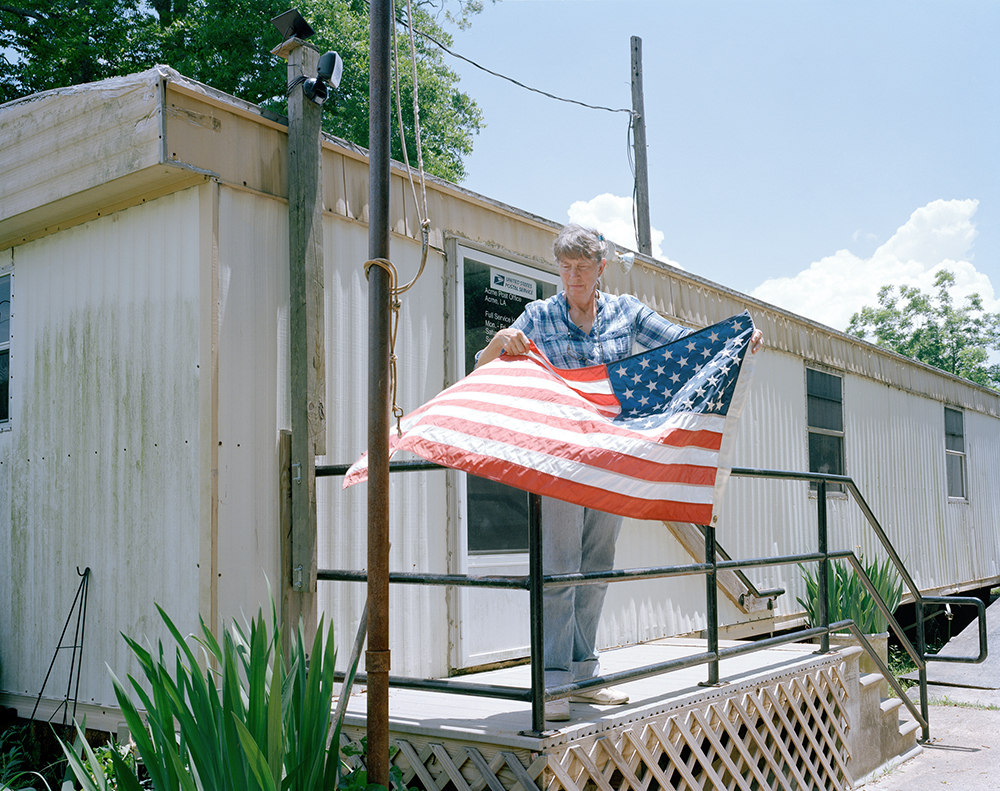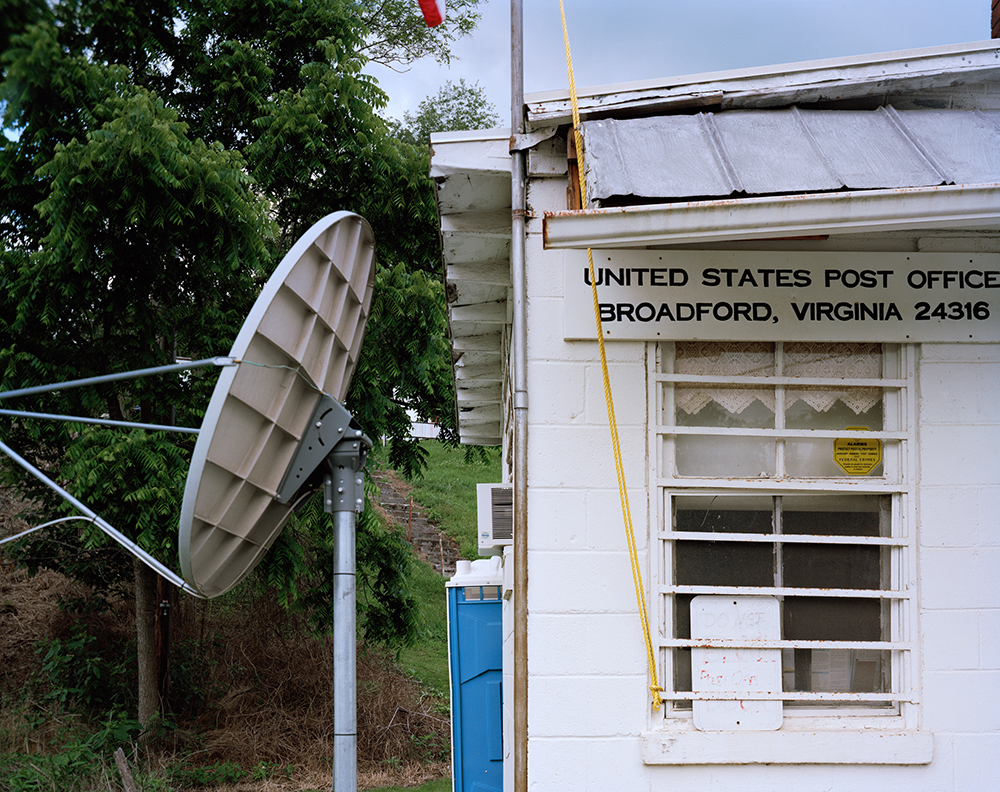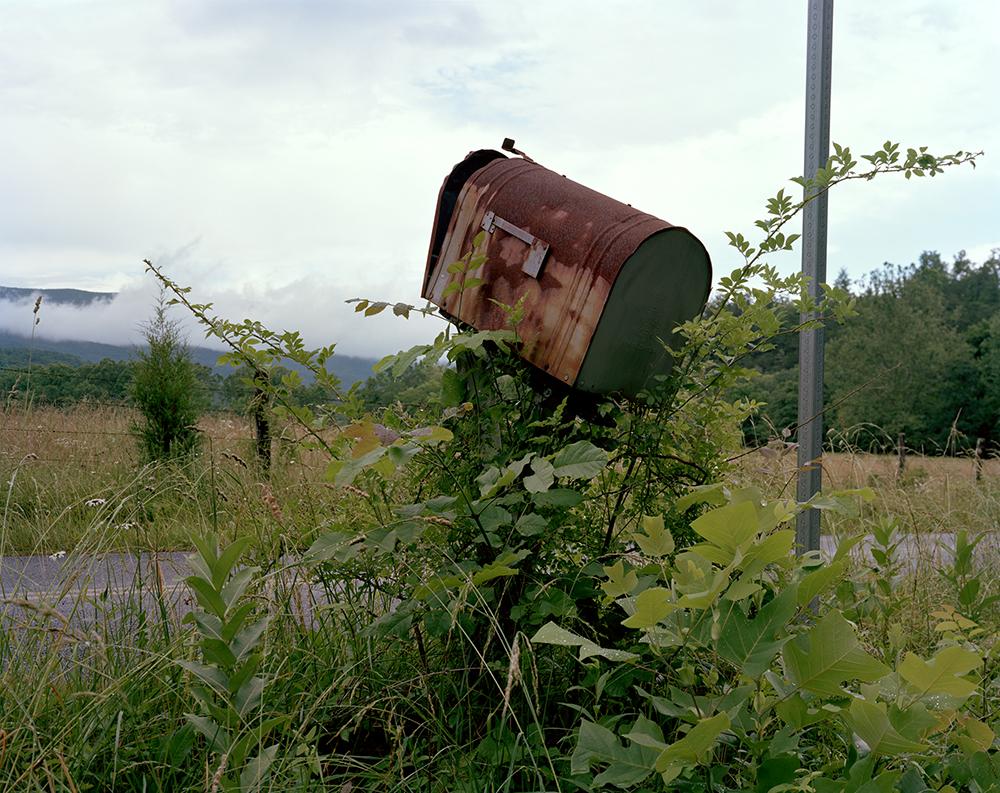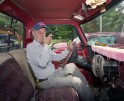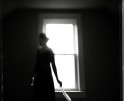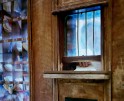Rachel Boillot: The States Project: Tennessee
As a young boy, I remember anxiously awaiting my Dad’s return from work each day at 5:00 pm. Occasionally, he would bring home something that I felt was much better than a toy. He worked at the Post Office and would bring home damaged or sample magazines. I spent days absorbing the stories and puzzles in Boy’s Life and the images of technology and diagrams of the future in Popular Science. I’m sure that ignited my passion for collecting photo books and publications that I still enjoy today.
Rachel Boillot has spent the last few years documenting the closing of rural post offices throughout the South with her series Post Script.
I first met Rachel when I reviewed her portfolio at a gathering of photographers who were walking in the steps of Walker Evans and William Christenberry in Hale County, Alabama led by The Do Good Fund. I hoped then that I would have the opportunity to share her work with a larger audience.
Rachel Boillot (b. 1987) is a photographer, documentary artist, and educator. She holds a BA in Sociology from Tufts University, a BFA in Photography from the School of the Museum of Fine Arts, Boston, and an MFA in Experimental and Documentary Arts from Duke University. Boillot has recently served as a Visiting Lecturer in Photography at Duke University and as a Multimedia Documentarian for the Friends of the Cumberland Trail.
Her work has been funded by the Annenberg Foundation (Los Angeles, CA), the Riverview Foundation (Chattanooga, TN), the Tennessee Arts Commission (Nashville, TN), and the National Endowment for the Arts (Washington, D.C.). Boillot teaches in the Art Department at Lincoln Memorial University, serves as an Assistant Producer at Sandrock Recordings, directs the Cumberland Gap Folklife Project, and maintains her independent photography practice in East Tennessee.
Post Script
In 2011, the U.S. Postal Service announced 3,653 rural post offices would close. A disproportionate number of the condemned are located in the South. Several thousand locations have since been added to this list of erasure as the Postal Service struggles to cement its foothold in an increasingly digitized world. The fate of the rural post office remains unclear.
The post office serves as town center in rural communities. Often acting as a town’s sole address, this location embodies the numerical identity of place. Without its presence in the landscape, a ZIP code is lost. Yet residents remain anchored in place. In spite of post office departure or a vanished code, the home stands. Attachment to land lingers, rooted deeper than digits.
I was initially intrigued by the dilemma of the Postal Service because of the parallel to my own field. Like the letter, the analog photograph seems threatened at present. Digitization has rendered aspects of my own practice obsolete—even entirely extinct. As remains of the analog world coexist with the emergent digital technology, this moment of change begs consideration.
Upon reflection, I realized the similarity between photographs and letters. From the moment the envelope is sealed, or the shutter clicked, both objects bring messages from the past. As the object arrives, it brings this past into our presence, whispering across distance. As each takes flight, the sender relinquishes all control. Their very message relies upon the grasping interpretations of a recipient. Both are full of gaps, filled with mystery and the struggle to communicate across time and space.
Posts on Lenscratch may not be reproduced without the permission of the Lenscratch staff and the photographer.
Recommended
-
Aaron Hardin: The States Project: TennesseeJuly 30th, 2016
-
Mike Smith: The States Project: TennesseeJuly 29th, 2016
-
Polly Chandler: The States Project: TennesseeJuly 28th, 2016
-
Rachel Boillot: The States Project: TennesseeJuly 27th, 2016
-
Jack Spencer: The States Project: TennesseeJuly 26th, 2016


















